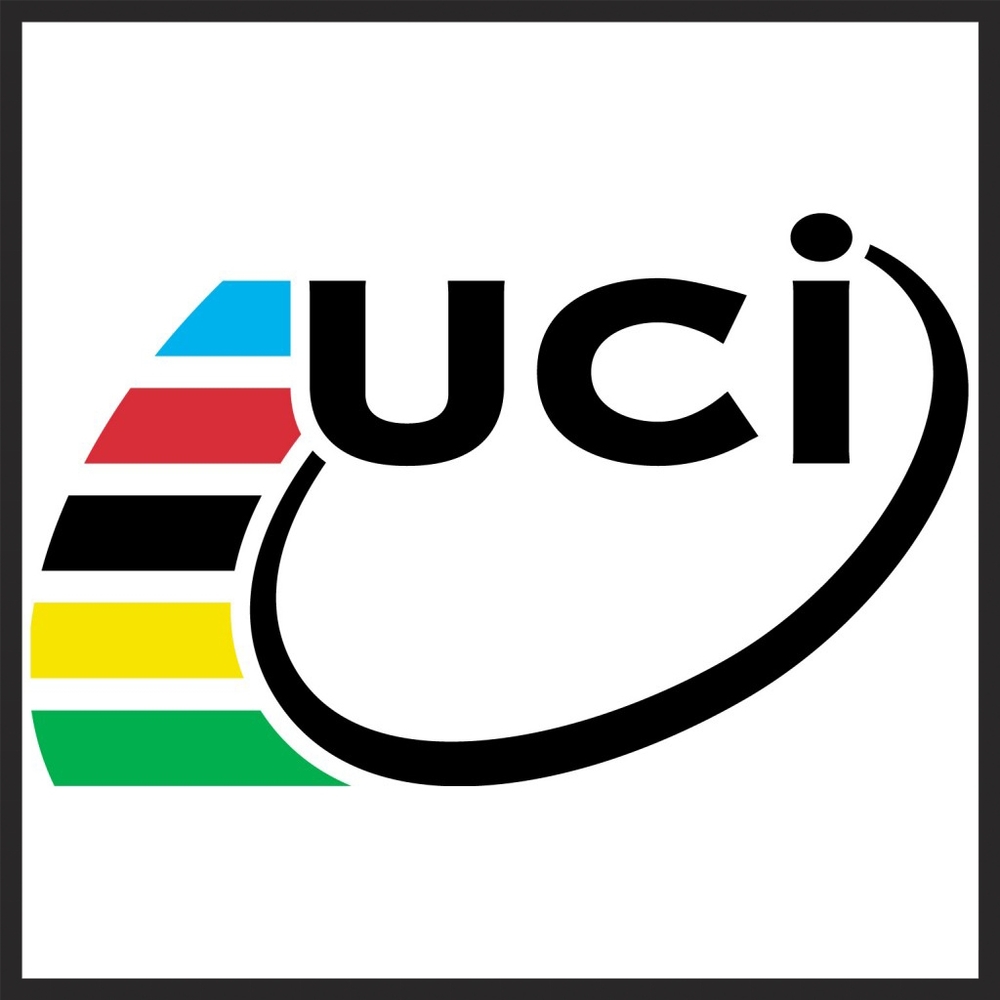

Despite having a second rider test positive for a banned substance in the last 12 months, the UCI has decided it won’t suspended Katusha.
Yesterday it was announced, that Katusha’s Giampaolo Caruso, had tested positive for EPO during an out of competition test that was conducted back in 2012. Caruso’s sample had been stored all of this time, and it had only recently been tested.
Upon learning the results, Katusha immediately suspended the Italian rider.
With regard to the team’s second infraction, Luca Paolini tested positive for cocaine during the first week of last month’s Tour de France, which resulted in his immediate suspension as well.
However, in both cases, a B sample test has yet to get underway.
New regulations instituted by the UCI this season, allows for the governing body to suspend a team, if two anti-doping violations occur within a 12 month period.
However, according to the UCI, since Caruso’s infraction dates back to 2012, they cannot retroactively apply a regulation, which was only introduced this year.
“This is based on the non-retroactivity of law principle, which is enshrined in the World Anti-Doping Code (25.2). According to the Code an Anti-doping Rule Violation (ADRV) which occurred prior to 01.01.2015 shall be governed by the substantive Anti-Doping Rule (ADR) in effect at the time the alleged ADRV occurred. The 2012 ADR did not of course provide for the Team Suspension.”
In addition, Katusha is also a member of the Mouvement Pour un Cyclisme Crédible (MPCC), which has a similar regulation that requires a team to self-suspend automatically under these circumstances.
The MPCC responded by saying:
“It has no consequences as of now, but this may be something we take up at our next board meeting in September,” MPCC president Roger Legeay told Procycling.no. “We try to look ahead and focus on the present. It happened back in time, is something that the UCI, anti-doping organization and the arbitration tribunal will have to look at. I think Team Katusha joined with us in the beginning of 2013.”
He added: “They have followed the rules since becoming part of the organization, and we try to influence them to do what is best for the sport in the future.”
While Katusha is awaiting the return of the B sample tests, the team is still eligible to race in this year’s Vuelta a España, which starts on Saturday.



